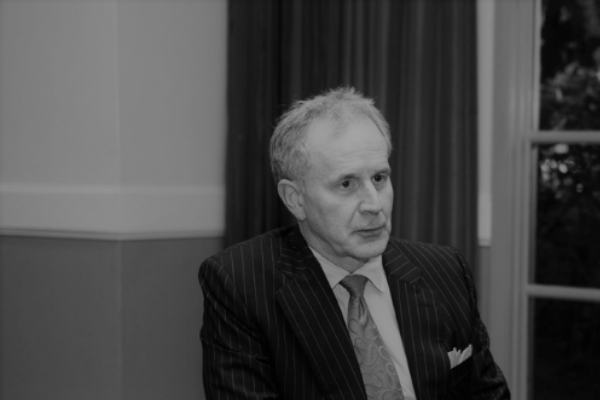
Dallas cardiologist Rick Snyder, MD, had already witnessed firsthand many of the big-picture impacts of COVID-19: cases of long COVID, elements of the “Great Resignation,” and of course, the chaos the pandemic brought to just about every medical practice starting two years ago.
But one thing Dr. Snyder was long able to elude – longer than many of his fellow physicians, anyway – was getting the disease himself.
Last New Year’s Eve weekend, that changed. And one of the symptoms he experienced was “the most excruciating pain that I’ve ever had,” said Dr. Snyder, chair of the Texas Medical Association’s Board of Trustees.
Unlike a simple scratchy throat, “it was like I was swallowing glass,” he told Texas Medicine Today. “So, I actually had to go to the [emergency department]. They think … I had a viral esophagitis on top of coronavirus, which they were seeing. … I literally couldn’t swallow my saliva without excruciating pain. I couldn’t swallow, couldn’t sleep, could hardly eat or talk.”
A course of the antiviral medication Paxlovid had Dr. Snyder feeling much better within a couple of days.
But aside from the havoc the virus wrought internally, he’s also seen its external ripple effects. That includes COVID patients who later came down with myocarditis, arrhythmias, and heart failure. It also includes the deleterious effect on staff employment both at his cardiology group, HeartPlace, and at local hospitals.
Both front-office and back-office personnel – especially the latter – have become difficult to find, he says. Back-office staff, such as echocardiograph technicians, have suffered burnout, left medicine completely, or gone to other segments of the health care industry. And many health care professionals have become cynical.
“I actually had one [medical assistant] that worked in our group after the first [wave] or two that said they had enough, and they were getting out of that line of health care,” Dr. Snyder said. “Some said, ‘I just don’t want to put my family at risk.’”
And many frontline workers, especially in hospitals – once called heroes – started experiencing salary cuts.
“People said, ‘Oh, this is how they’re going treat us? Well, we’re not going to step up to be heroes the next round. … We’re going to cut short our hours or go to locum tenens.’ Because I think everybody saw the hospitals making a ton of profit," Dr. Snyder said.
Despite those discouraging times, Dr. Snyder says with cases dropping, he’s confident that the worst of the virus is over, now that so many people are vaccinated or have contracted the now-waning omicron variant.
Looking ahead, as a physician advocate with deep political involvement, he has ideas on how lawmakers can keep improving the state’s capabilities for COVID and other viruses once the Texas Legislature reconvenes in 2023, namely a better structure to quickly stand up monoclonal antibody infusion centers and to distribute essentials like personal protective equipment (PPE) and medications; a more equitable distribution system for the areas that need that support; and better education around vaccines and their risks and benefits.
“I don’t think we were as prepared as we could have been. We’ve got to assume that there’s going to be more acute, infectious events that occur. And in terms of sourcing and scaling up things like PPE, vaccines, diagnostic and therapeutic tests, we’ve got to have a better statewide mechanism to do that.”